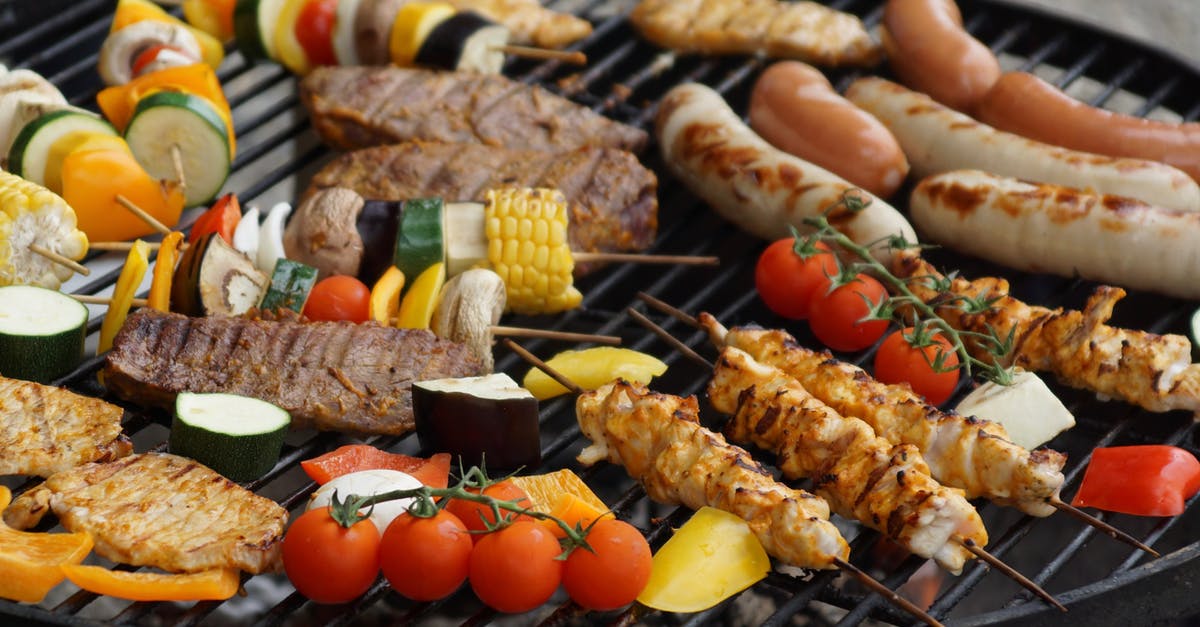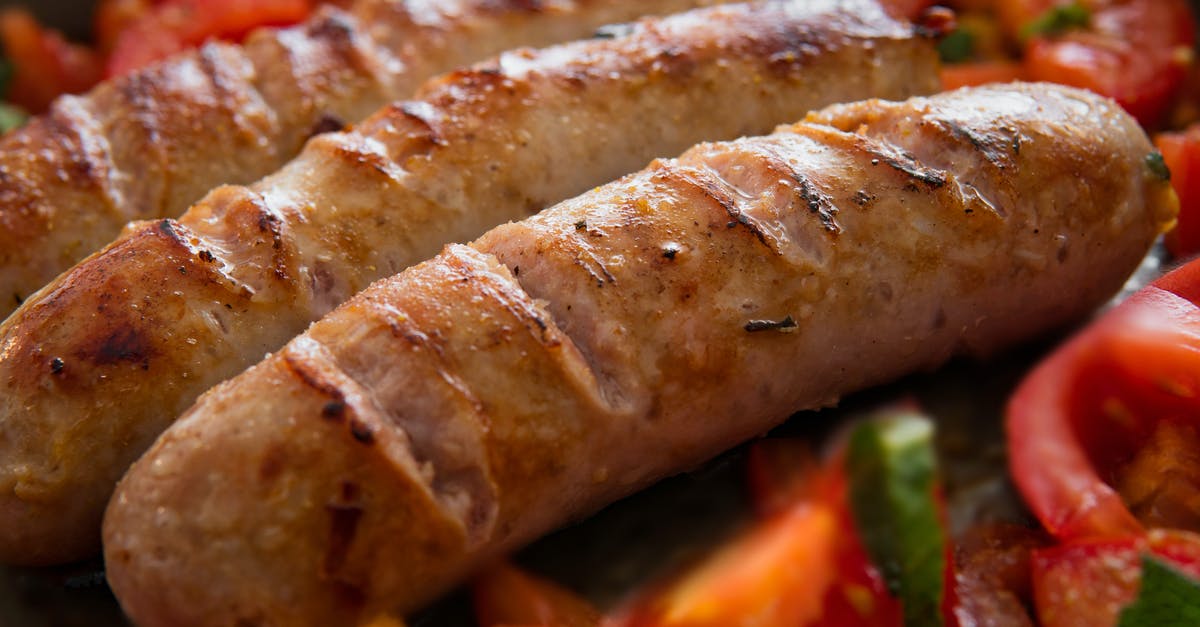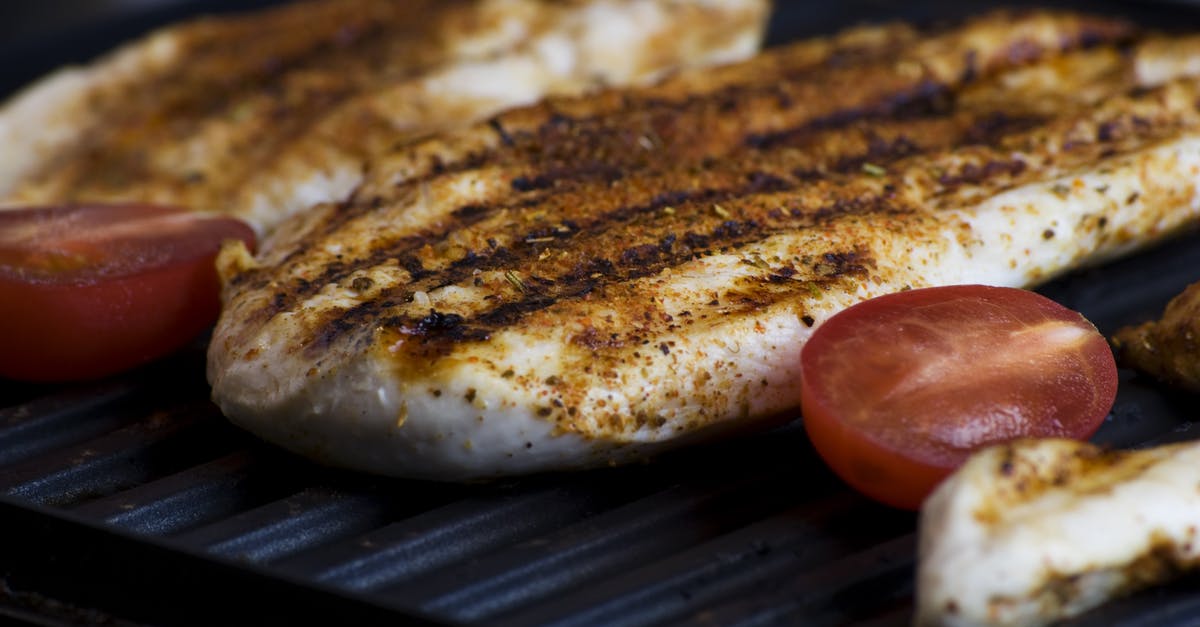Why do tomatoes get so hot?

Ever noticed how certain foods seem to get a lot hotter than others? I almost never burn my tongue or mouth... except on tomatoes; Pizza sauce, tomatoes in panini sandwiches or spaghetti sauce.
Tomatoes always seem to get hotter and retain their heat longer than almost any other food I've encountered. And they are nearly always the culprit when I succeed in burning my mouth.
Why would that be? Is there something about their chemistry that causes them to have a higher heat capacity? Do they hold their heat longer? Or is it simply a figment of my imagination and bad luck with hot tomatoes?
Best Answer
Another physics digression.
All cooked food gets hot, and everything in any given dish will have the same temperature {*}. The tomatoes don't get hotter than the other ingredients. But they do have a tendency to burn more than certain other substances, so the question is "Why?".
You get burned when a portion of your flesh reaches a high enough temperature{+}. The food warms your tongue, lips, etc. by heat conduction until either you move the food or your mouth parts and the food reach the same temperature (a condition known as thermal equilibrium). What that common temperature is depends on the amount of heat (i.e. thermal energy) in the system. Some of the factors that come into play are:
- How much (mass of) food there is.
- How much (mass of) your mouth is involved (see below).
- The initial temperature of the food.
- The "heat capacity" of both the food and your mouth parts, which is a property of each substance that appears as a coefficient in the thermal equilibrium equation. (Don't worry, I'm not going to make you read any math.) Water has a (very!) high heat capacity, so watery foods tend to drive high final temperature and thus to burn you more easily. There is an added complication for the extra heat needed to establish a phase change (i.e. melt solids or vaporize liquids) called the heat of fusion or heat of vaporization. Again water has a high value for both of these numbers.
How fast the common temperature is reached depends on
- The area of contact between the food and the mouth.
- Another coefficient called the thermal conductivity. This one is complicated, but liquids tend to have a high thermal conductivity and solids less so. This is where soups, sauces, and melted cheese really get you. Note that your mouth parts has a pretty low thermal conductivity, so you only get to count the surface layers in finding the equilibrium temperature. Sorry.
Some consequences of all this:
- This is why you can peel the aluminum foil off of a pan that has just come out of a 400 degree (F) oven without trouble, but if you get your hand stuck in the steam plume (which is only around 212 degrees F) you get scalded: Aluminum has a low heat capacity, and steam has a (very, very!) high one.
- Small bites help in two ways: less total heat means a lower common temperature, and may allow you to move the food around in your mouth, reducing the temperature of any one part.
- Some foods are just dangerous this way. You know what they are from experience: steam, hot soups and sauces, melted cheese, etc.
{*} Well, sort of. But take that as true for any particular region of any particular dish.
{+} What temperature is that? Good question. Maybe there is a medical professional around, 'cause I don't know. I'd guess around 140--150 degrees F (call it 60--65 degrees C), but don't quote me.
Pictures about "Why do tomatoes get so hot?"



Quick Answer about "Why do tomatoes get so hot?"
Tomatoes contain a specific protein called lycopene. several enzymes act more vigorously on this specific protein during higher temperature and thus tomatoes get too hot quickly.Why do tomatoes stay hot for so long?
Q: In soup, why do tomatoes retain heat longer than other vegetables? Tomatoes, like potatoes, carrots and all the other good stuff in your soup contains a lot of water. That water holds a lot of heat.Are tomatoes heat?
#2 Tomato: A rich source of antioxidants such as vitamin A, vitamin C, lycopene which help in boosting immunity, relieving stress and decreasing inflammation in the body. In addition the cooling effect, tomatoes help in protecting skin from sun damage.Do tomatoes make food spicier?
The world's hottest tomato? That's still to be determined. The current hottest tomato in the world is, of course, none of them, because tomatoes don't make capsaicin, the chemical compound that gives hot peppers their kick.What happens when tomato is heated?
In one study, researchers at Cornell University heated tomatoes and found their vitamin C content decreased as cooking time increased. Tomatoes cooked for 2 minutes had 10% less vitamin C than an uncooked tomato, and those cooked for 30 minutes had 29% less vitamin C.More answers regarding why do tomatoes get so hot?
Answer 2
It is simply water content. Water has a much higher heat capacity than anything else we eat. You might think fats have a higher heat capacity, but that is an illusion - they can get much hotter because they don't boil at 100 C, but they hold considerably less heat than water in a given quantity. Tomatoes are almost all water, thus they can burn your mouth quite easily.
Answer 3
@Michael touched on a big part of it -- tomatoes are mostly water, and the specific heat of water is rather high. (the specific heat of salt water is even higher).
But in the case of pizza, there's another issue -- melted cheese is a good insulator. So, you bring up the temperature of the sauce to near boiling, but then the cheese keeps it from cooling off. And for microwaved pizza, it's even worse, because it's the fat and water that are excited the most by microwaves, so the pizza ends up heating from the inside (sauce layer) out.
Sources: Stack Exchange - This article follows the attribution requirements of Stack Exchange and is licensed under CC BY-SA 3.0.
Images: Pixabay, mali maeder, Andy Kuzma, Pixabay
